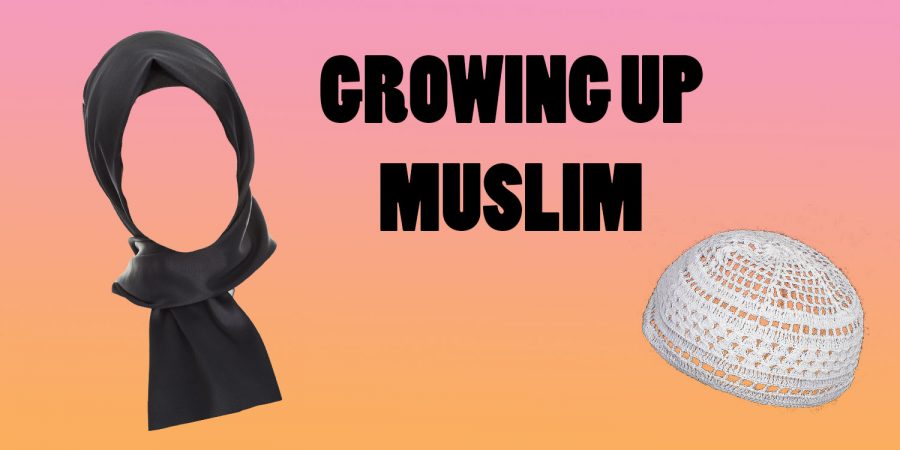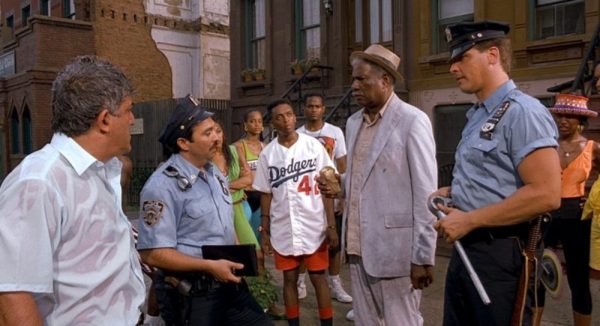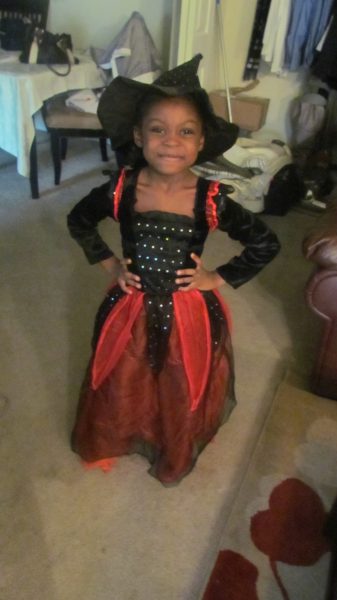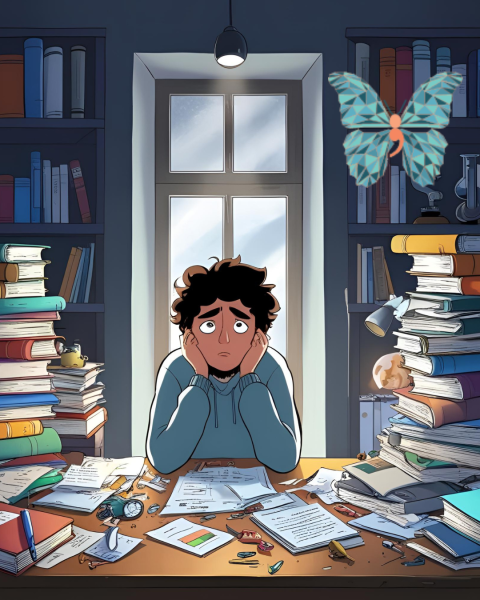Growing up Muslim: hard lessons learned at a young age
Aisha Sowe reflects on past experiences being Muslim and gives advice on sharing your identity.
Growing up, I was fortunate enough to be raised in a Muslim household. I celebrated Eid, went to Sunday school, and lived not far from the Masjid (Muslim house of worship).
At first, I told people at school that I practiced Islam without being afraid of what they thought about me. The elementary school I went to had a fair amount of Muslims. I would talk to them and sometimes hang out with them during recess. But one day during recess, my life changed right before my eyes.
It was the first day of fifth grade, and I noticed that there was a new girl at school. I thought to myself, “Why not become her friend?” This was something I usually wouldn’t do because I’m a shy person, and it was difficult for me to ask questions in class, let alone make a new friend. But I thought about how lonely she must feel on her first day, and decided to be brave and chance it.
There were a small group of girls talking about themselves and I decided to join them. I joined the conversation, and immediately one of the girls responded rudely. But the new girl stood up for me, in what I saw as the first step toward our new friendship.
When recess ended, we lined up by teacher. However, my new friend and I didn’t have the same teacher, so we were in different lines. I turned around and saw a girl whisper something in my new friend’s ear. She looked over at me with the kind of fake smile. I was confused; I kept to myself and was polite to everyone. What could she possibly be saying?
My new friend’s face dropped as the girl continued to whisper, and I felt my stomach drop with it, though I was certain I could set right whatever had been said. But she walked up to me, visibly upset and told me that we could not be friends.
“My mother told me not to speak to Muslims,” she said simply, and walked away.
I was ten years old at the time, and I didn’t understand what people thought about my religion. “Why would her mother say that to her?” I wondered all day. “And why did the other girl tell her my religion? What does it matter?”
When the school day ended, my now ex-friend approached me again and said she didn’t care what her mother said, she wanted to be my friend. And I did so, but I always remembered what she had told me. Eventually, our friendship died down when I moved schools in the middle of the year.
When I got to middle school, I knew I would be meeting lots of new people, and I was afraid to tell people that I was Muslim. I didn’t want to tell anyone that I practiced a different religion than they did because I didn’t want the same thing to happen again. Yes, some people assumed it from my name and the way that I looked, but for the most part, I was able to hide this part of my identity.
It wasn’t easy. In sixth grade, we had to do a culture project in my history class. I had a few ideas idea of what to put on my poster. My dad suggested that I put elements of Islam on my poster, but I never did. I couldn’t let people see who I really was, and so I ignored his suggestion.
But after two years of hiding, something changed. Were these people really my friends if I was hiding so much from them? I was only 13, but I was tired. And so, in eighth grade, I stopped being afraid of what people thought about my heritage. I decided to tell people (again) that I am Muslim.
It took some time, but eventually most people understood who I am and respected that. I felt more comfortable being myself and even began wearing the hijab, standing proud of my religion and the culture that comes with it.
Before I started wearing the hijab, I told a guy in my class that I was Muslim, and he asked me why I didn’t wear the headscarf. I told him that I was afraid of what people thought of me. His response was that I shouldn’t care about what people think.
My intention in writing this article is not to bring the girl down, nor do I want pity for my experience. Instead, I want to share what happened so others can learn that we shouldn’t judge someone because of something they identify with or can’t change about themselves. It’s okay to be different, and there is nothing wrong with it. We’re all human.
If people like you for who you are, great. If they don’t, then you should probably not be around them. Don’t change yourself to impress others because in the end, it doesn’t benefit you. Before you judge someone, try and get to know them. They might not be who you thought they were.
If you’re struggling sharing your identity, or even if you’re Muslim and scared to tell people because of their preconceived notions, just know that when you feel comfortable and the time is right to break out of your shell, there will be people who will support you and be proud of you for being who you are.
Your donation will support the student journalists of Watkins Mill High School. Your contribution will allow us to purchase equipment and cover our annual website hosting costs.
Aisha Sowe is a senior and an Associate Editor for The Current. Aisha has been writing articles for the school newspaper since her sophomore year. After...










Aisha Sowe • Sep 27, 2018 at 12:55 pm
Thank you so much!
Mrs. Torres-Meriwether • Sep 26, 2018 at 3:55 pm
Thanks for your sharing your perspective, Aisha!